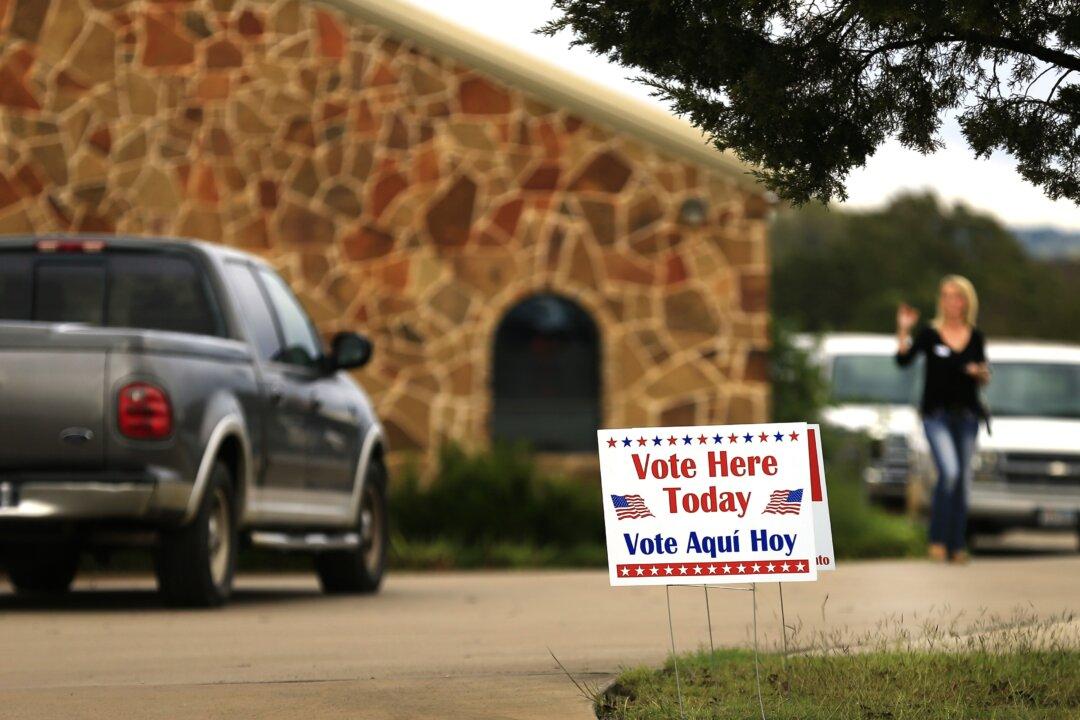Texans will no longer be required to wear face masks when casting election ballots at polling stations, less than a day after a federal appeals court halted an order that would have compelled voters to do so.
The 5th U.S. Circuit Court of Appeals on Wednesday blocked a previous order (pdf) issued one day before by San Antonio federal judge Jason Pulliam that found the exemption to Governor Greg Abbott’s statewide face mask mandate placed “a discriminatory burden on Black and Latino voters,” who have a higher risk of severe illness and death from the CCP virus, also referred to as COVID-19.




